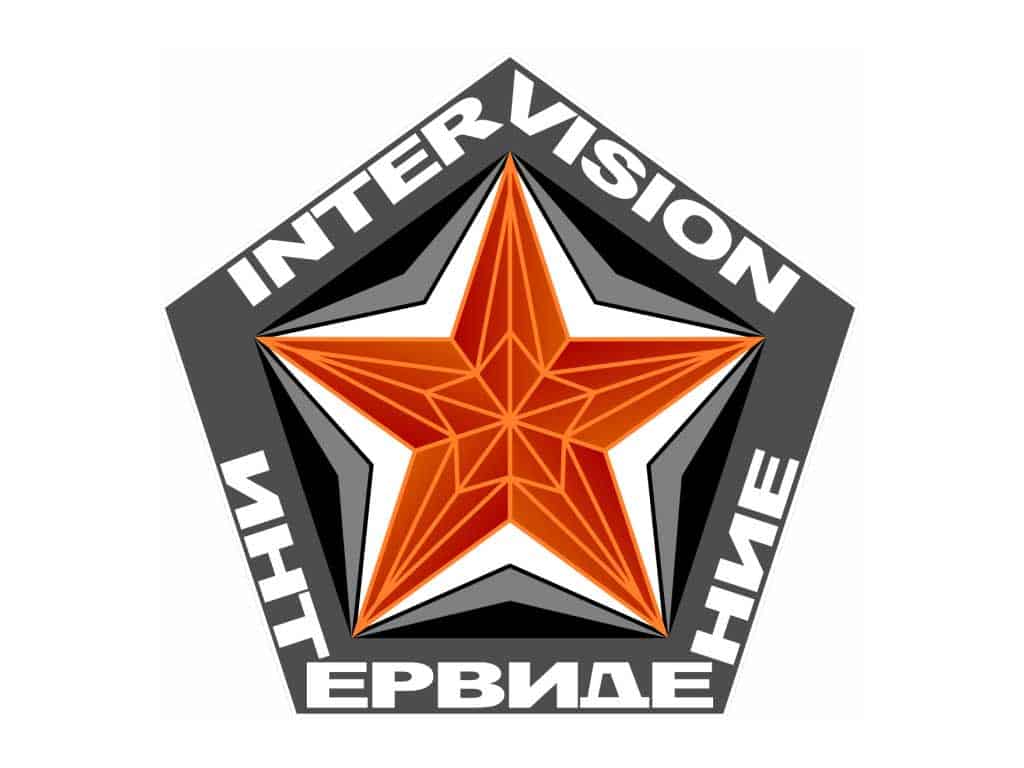While the Czechia’s Eurovision statistics might not initially catch the eye, there’s been a noticeable upward trend since 2016. For instance, the talented singer Gabriela Gunčíková advanced to the Grand Final with her exceptional song “I Stand,” marking a significant achievement. Following this, Mikolas Josef’s energetic performance of “Lie To Me” two years later secured a Top 10 placement, further boosting the country’s standing.
Continuing this positive trajectory, the band Lake Malawi achieved an impressive feat by clinching 11th place in the Grand Final of Tel Aviv with their catchy tune “Friend Of A Friend.” Last year, the group Vesna continued the streak, reaching a remarkable 10th place with their song “My Sister’s Crown” in Liverpool. These successes highlight the Czechia’s growing presence and impact in the Eurovision Song Contest in recent years.
Czechia’s debut entry, “Malá Dáma” by rock singer Kabát, faced a challenging start. It received only one point in the semi-final and finished in last place. Consequently, many TV viewers may not have been aware of the Czech Republic’s participation in those years, as they had never advanced past the qualification rounds and had only made it to the semi-finals.
Unlike its neighbour Slovakia, which hasn’t participated in the Eurovision Song Contest since 2013 and has only produced three finalists out of seven attempts, there appears to be a dwindling interest from both the Slovakian national broadcaster and the Slovakian public in the ESC.
While Slovakia had been participating in the Eurovision Song Contest since 1994, the Czech Republic had been broadcasting the event for many years before deciding to join the competition themselves in 2007.
Czechia has indeed made notable strides in the Eurovision Song Contest in recent years, introducing surprising and innovative entries that have captured the attention of audiences worldwide. This progress reflects the vibrancy and creativity of the country’s contemporary music scene, which is gaining recognition on the international stage.
As the saying goes, a great singer with a great song has the power to captivate audiences, transcending language and cultural barriers. Czechia’s success in the Eurovision Song Contest is a testament to this, showcasing the country’s ability to deliver memorable performances that resonate with viewers across Europe and beyond.

The “InterVision” contest stands as a fascinating chapter in the music history of Eastern Europe. Held annually in Sopot, Poland as part of the Sopot Festival, it served as a platform for post-Soviet states and members of the Shanghai Cooperation Organization to showcase their musical talent. Participating countries included Kazakhstan, Kyrgyzstan, the German Democratic Republic, Tajikistan, Turkmenistan, and Uzbekistan. What made the event truly unique was the inclusion of Western European countries like Finland and Switzerland, as well as more distant participants such as Canada and Cuba.
Notably, the InterVision contest attracted a stellar line-up of international stars as guests, adding to its prestige. Artists like Whitney Houston, Vanessa Mae, Chris Rea, Annie Lennox, LaToya Jackson, and Tanita Tikaram graced the event with their presence.
Despite initial plans to revive the contest with the involvement of Russia and China, these efforts ultimately fell through. However, the InterVision contest left a lasting legacy, with memorable moments like Helena Vondráčková‘s victory for former Czechoslovakia with her song “Malovaný džbánku” in 1977, showcasing the diverse and vibrant musical talent of the region.
Karel Gott, undoubtedly one of the most beloved Czech singers, left his mark on the Eurovision Song Contest when he represented Austria with the song “Tausend Fenster” in 1968, earning a respectable 13th place. The song, composed by the legendary Udo Jürgens, showcased Gott’s exceptional talent and contributed to his enduring legacy in the music world. It’s saddening to note that both Karel Gott and Udo Jürgens have since passed away, leaving behind a rich musical heritage that continues to inspire and resonate with audiences around the globe.
Biggest successes
1x 6th place, Mikolas Josef with “Lie To Me” (Lisbon 2018)
History
- Debut: 2007
- Participations: 12
- Victories: 0
- Finals: 5
- Chances to reach the final: 42%
- Top 10: 2
- Chances to reach the Top 10: 17%
- Last places: 2 (in the semi-finals)
Video Nostalgia
Gabriela Gunčíková with “I Stand”, Rank 25 (Stockholm 2016)
Martina Bárta with “My Turn“, Rank 13 (Semi-Final), (Kiev 2017)
Marta Jandová & Václav Noid Bárta with “Hope Never Dies”, Rang 13 (Semi-Final), (Vienna 2015)









